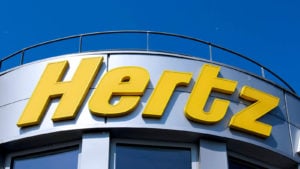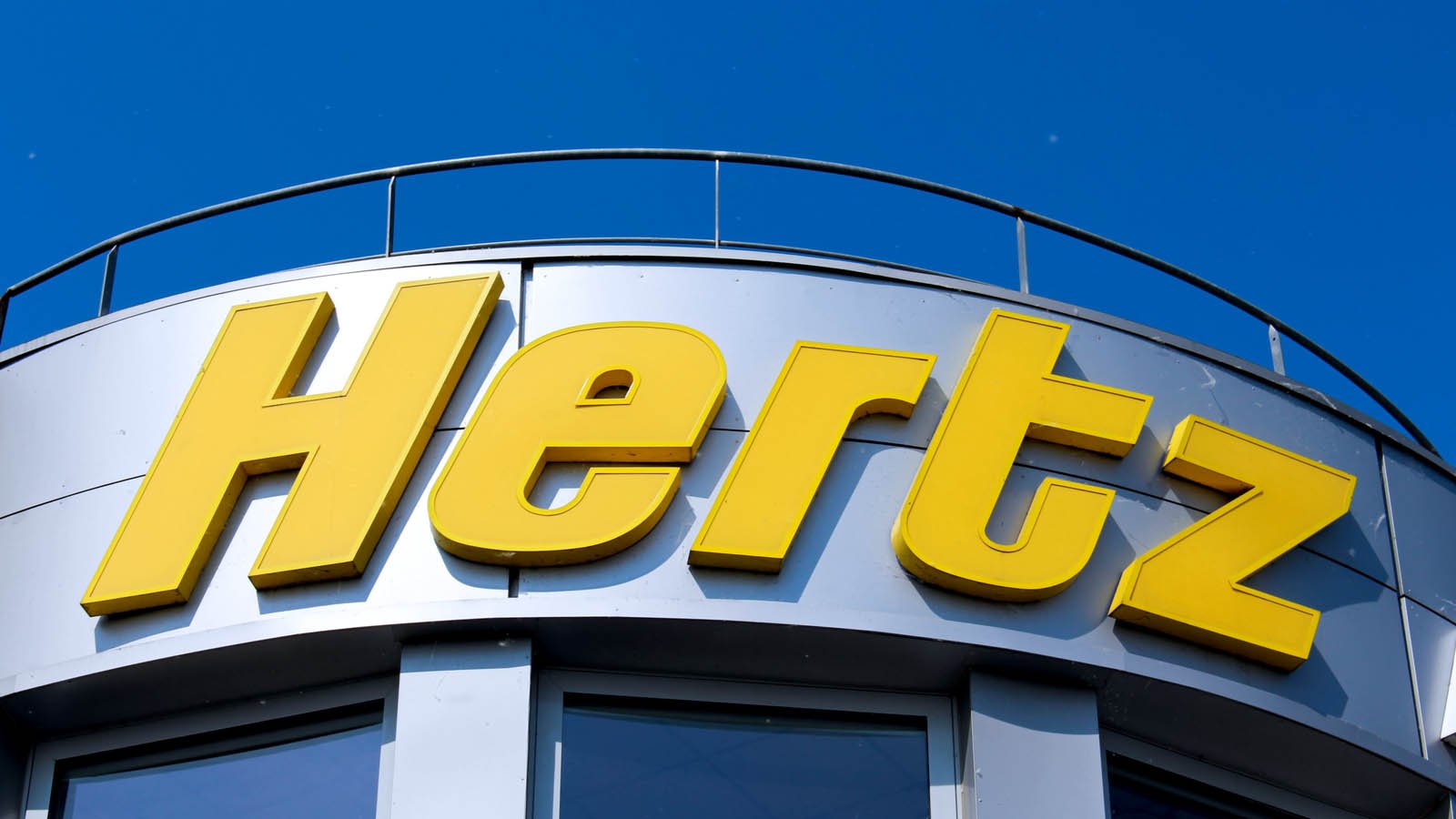Before we dive into why investors should stay far away from Hertz Global (NYSE:HTZ), we should first appreciate why people continue to speculate on the bankrupt rental car company. After all, Hertz stock isn’t buying itself. Primarily, raw emotions combined with the speculative draw of a cheap asset price is leading inexperienced traders into a big mistake.

As the Wall Street Journal noted last month, everyone is jumping on the day trading bandwagon. Obviously, Robinhood is in the news for its popular and intuitive trading app. With its attractive and glitzy format, it’s not too hard to see why so many young people who would ordinarily be working are now buying into names like Hertz stock.
It’s not entirely irrational. In order to get immediate gratification – we are talking about the “me, me, me” generation – you need volatility. As you know, Hertz stock has no shortage of that.
But Robinhood isn’t the sole culprit. For instance, E*Trade (NASDAQ:ETFC) enjoyed the influx of “roughly 260,500 retail accounts just in March, more than any full year on record.” Again, people who would ordinarily be working a desk job are finding increased personal time. Many are using it to fulfill their Wall Street fantasies.
Admittedly, some traders have become wildly successful trading junk stocks like HTZ. At some point, though, the fundamentals will matter. Here are three reasons to avoid Hertz stock before things get ugly.
Automotive Traffic Disruption Pains Hertz Stock
When the novel coronavirus turned our world upside down, one of the sectors it knocked out was personal transportation. With most states issuing stay-at-home orders to stop the spread of Covid-19, this invariably gutted the incentive to drive. From there, we saw eerie images of major automotive hubs like Los Angeles appear like a ghost town.
The situation has improved significantly since then. However, congestion levels in Los Angeles are still down 61% from the year-ago level. Is it an improvement from this year’s lows? Absolutely. But this steep lack of traffic translates to fewer accidents, resulting in fewer cars getting repaired. And that takes away one big reason why people rent cars.
Setting aside this “negative” catalyst, the concept of vacationing has taken a sharp turn. Even if you had the means to hit the road and go on vacation, where would you go? Likely, you’ll pay for a limited experience, which just isn’t worth it. So, the traffic drop and its associated headwinds are a big minus for Hertz stock.
No Second Drip
Recently, a sharp rise in air travel demand had many investors excited about airliners. According to data from the Transportation Security Administration, on August 9, nearly 832,000 people passed through airport security checkpoints. This represented a huge growth surge from the lows seen in March and April.
At the same time, air travel volume has only reached about 30% of last year’s levels. In order for the airline industry as a whole to survive in its present form, this figure must improve substantially.
However, I believe individual airliners that feature relatively solid fundamentals and strong business models can get back to recovery. Mainly, this is because airliners in this context enjoy the first drip – consumers buying airplane tickets. In other words, the first drip is guaranteed revenue.
But a company like Hertz is part of a second drip in this context. While airliners directly enjoy the uptick in demand, Hertz stock isn’t guaranteed a benefit. If people are still skittish about potential unnecessary exposure to Covid-19, they may skip rentals entirely, preferring instead to be picked up by friends or family.
College Football Is an Underappreciated Headwind
After months of quarantines, social distancing measures, and back to quarantines, Americans are ready for a return to normal. Even if that means a new normal, as long as they’re not cooped up at home, they’ll be fine with it.
That’s why the return of sports was critical for the national psyche. Naturally, many were looking forward to college football. However, because of pandemic concerns, several conferences and teams will not play this fall. Of course, this leaves the entire college football ecosystem under a very dark cloud.
I can’t emphasize how important football is to the many small towns that rely on football-related revenue streams. A big component of that is the fan base. With social distancing measures making it unlikely that we’ll see packed stadiums, the people and their wallets will stay home.
Obviously, that’s not a favorable prospect for Hertz stock.
Matthew McCall left Wall Street to actually help investors — by getting them into the world’s biggest, most revolutionary trends BEFORE anyone else. Click here to see what Matt has up his sleeve now. As of this writing, Matt did not hold a position in any of the aforementioned securities.
